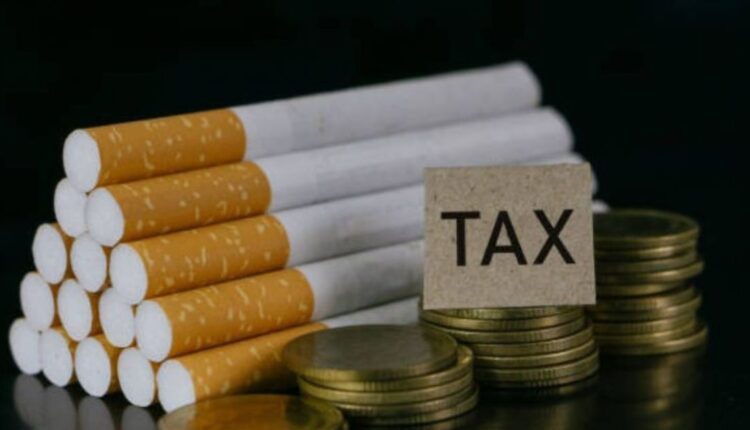Acetate Tow Tracking Exposes Pakistan’s Illicit Cigarette Gap
The report was presented by Nick Hodsman, Global Head of Anti-Illicit Trade Policy at BAT.
ISLAMABAD (News Desk): On Monday, the findings of an independent study on illicit cigarettes, conducted by Alvarez & Marsal (A&M), were shared with the media.
A&M is a leading global professional services firm specializing in forensic analysis and business investigations.
The report was presented by Nick Hodsman, Global Head of Anti-Illicit Trade Policy at BAT.
The report adopts a unique approach to measuring Pakistan’s cigarette production capacity by tracking acetate tow—the core raw material used for making cigarettes.
The report states that in 2023, acetate tow imports into Pakistan were enough to produce 60–80 billion cigarettes. From this imported acetate tow, 39 billion cigarette sticks were produced by legitimate manufacturers, including 2 billion sticks which were exported and not subject to tax.
On the other hand, nearly 41 billion sticks were produced by non-duty-paid manufacturers. FED and GST data from the FBR corroborates collecting FED on only 37 billion cigarette sticks which showcases a major gap in potential government revenue collection.
Hodsman in this regard commented, “According to the report, acetate tow provides a clear window into Pakistan’s potential cigarette production capacity. The data shows a troubling mismatch between declared volumes and production potential.”
Read More: US FDA okays Juul’s tobacco and menthol e-cigarettes
In FY 2024/25, the government imposed an adjustable FED of PKR 44,000/kg on acetate tow imports. While this policy aimed to improve documentation and control of the cigarette sector, lax enforcement has led to increase in smuggling of this key input as well as misdeclaration by importers to evade taxes
. Recent trade data underscores this reality: recorded acetate tow imports dropped from 2.36 kilotons in 2023 to just 0.145 kilotons in FY 2024-25. During the same time period, availability of local DNP brands has not dropped, pointing towards increased smuggling of acetate tow to produce cigarettes.
Recent seizures by the FBR at the Sost border with China and the Torkham border with Afghanistan highlight the emergence of new smuggling routes underscoring the scale of this growing problem as the imposition of increased FED has made acetate tow smuggling immensely lucrative.
Hodsman stressed that without targeted border enforcement at the borders as well as ensuring no misdeclaration of acetate tow, Pakistan risks widening its illicit trade gap, which is bound to undermine government revenues, hurt legitimate businesses, and weaken the national economy.





Comments are closed, but trackbacks and pingbacks are open.